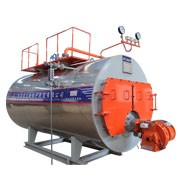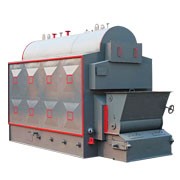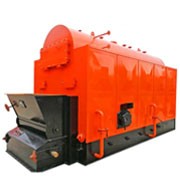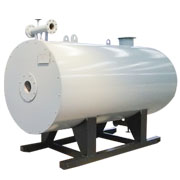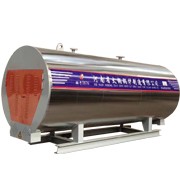What Fuel Does a Biomass Boiler Use?
2021.05.19
We have briefly covered the fuel that is used for biomass heating already, but there are more details that will help you decide on which is best for you and your requirements. It is important to think about which biomass boiler fuel will work well for your home, as well as the logistics of sourcing your fuel on a regular basis. Let’s take a look at the main types of biomass fuel below:
Wood Chips: Wood chips are small pieces of wood which have been taken from logs and other general wood waste. the sizes of wood chips will vary. Wood chips are reasonably cheap and readily available but not always as efficient as their pellet counterpart. Wood chips are suited more for heating larger buildings. You can use wood chips, as well as pellets, in an automated system that uses a hopper to feed the boiler.
Wood Pellets: Made from compacted sawdust, woodwork/forestry waste or wood shavings, wood pellets are the most frequently used fuel for domestic biomass boilers. They are designed well to suit the automated hopper system and are often sold in large quantities, so that you can stock up for continued usage. Wood pellets take up little room but provide great efficiency. Wood pellets are the most consistent and reliable fuel option, with low moisture content and standardised sizes creating an easy-to-use experience.
Wood Logs: Logs are possibly the least common choice for biomass boilers these days. Using wood logs is a valid option but requires the fuel to be fed by hand. Buying logs can be cheap, however the number of logs required in order to reach satisfactory heat levels can be high. It is recommended that those with a larger property with more suitable storage space go for this option, as well as those looking for more control over the fuel input.
Each of these fuel types can be used in biomass boilers, whether you choose a wood pellet boiler, a wood chip boiler, or a wood log boiler for your requirements. All are fantastic sources of renewable heat, and the use of a sustainable source of fuel can give you peace of mind knowing that you are helping to reduce your environmental impact.
It important to remember that you will need space to store the fuel no matter what installation you go for. This shouldn’t be too much of an issue with wood pellets, however it is still essential that the correct planning takes place before finalising a decision.
 Gas & Oil Fired Boiler
Gas & Oil Fired Boiler
 Biomass Fired Boiler
Biomass Fired Boiler
 Coal Fired Boiler
Coal Fired Boiler



